We all love spoiling our pets, but sometimes what we think is a treat can actually be harmful. It’s easy to forget that our furry friends have different dietary needs and tolerances. What’s safe for humans isn’t always safe for pets. Knowing these 15 foods pets can't eat can make a huge difference in your pet’s health and happiness.
While it might be tempting to share your snacks, some can cause serious health issues. Simple mistakes can lead to unexpected trips to the vet or worse. By being aware of these harmful foods, you can prevent a lot of stress and keep your pets in great shape.
Whether you’re a new pet owner or a long-time one, it’s always good to refresh your knowledge on keeping your pets safe. Understanding what to keep out of their reach is part of being a responsible pet parent. Let’s talk about some common foods that should stay off your pet’s menu and help make sure they live a long, healthy life.
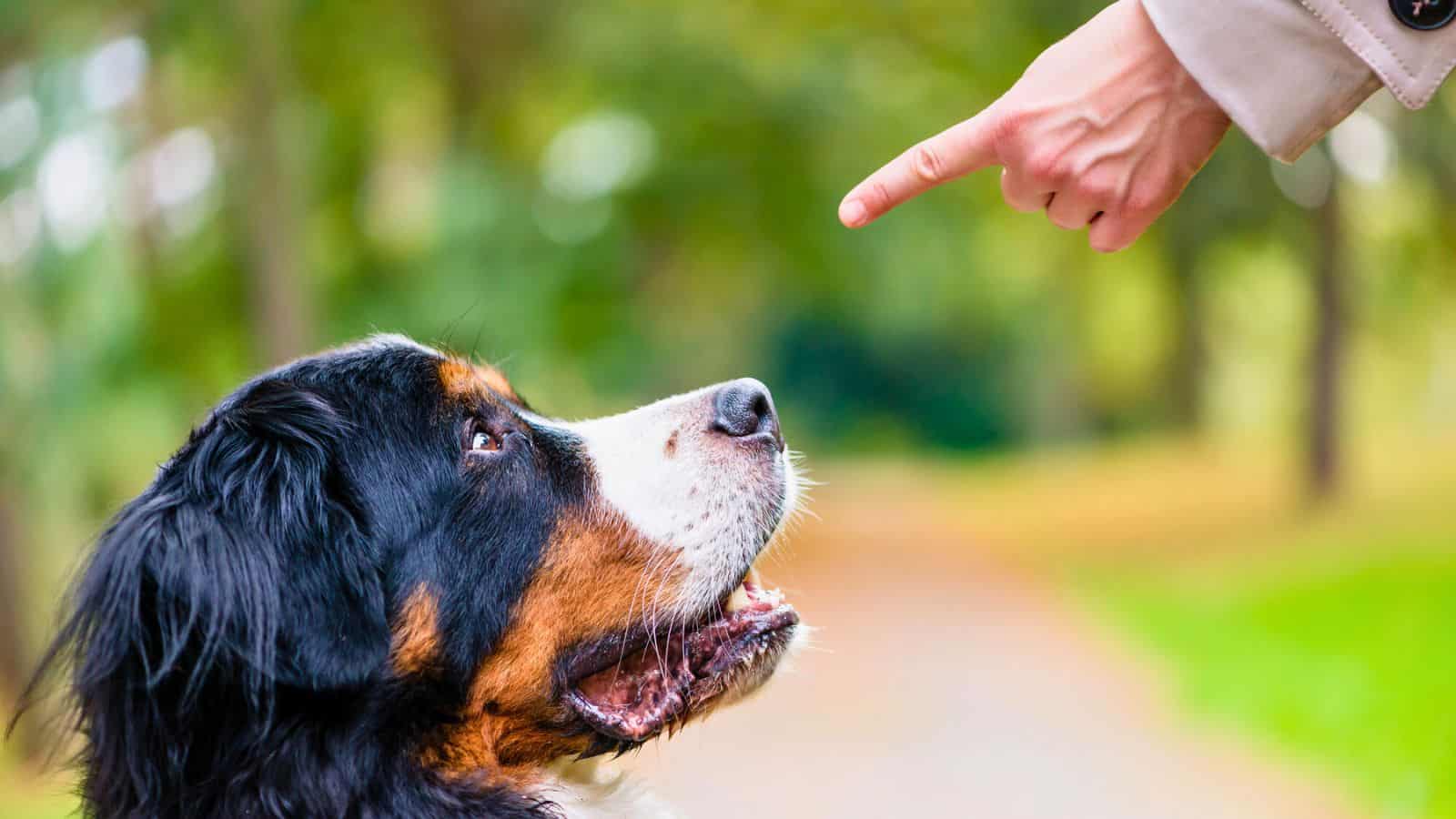
Caffeine

Found in coffee, tea, energy drinks, and certain sodas, it can be toxic to pets. Ingestion can lead to symptoms such as restlessness, rapid breathing, heart palpitations, muscle tremors, and seizures. In severe cases, it can cause death. Pets are much more sensitive to caffeine than humans, and even small amounts can be harmful. It is important to keep all caffeinated beverages and foods, including coffee grounds and tea bags, away from pets to prevent accidental ingestion and potential health issues.
Chocolate

Chocolate contains theobromine, a compound that is toxic to dogs and cats. Even small amounts can cause symptoms such as vomiting, diarrhea, rapid breathing, increased heart rate, and seizures. Dark chocolate and baking chocolate are particularly dangerous due to their higher theobromine content. Pets metabolize theobromine much more slowly than humans, making it highly toxic. In severe cases, ingestion can lead to heart failure, muscle tremors, and even death. It is crucial to keep all forms of chocolate out of reach of pets to avoid accidental ingestion.
Raisins

Raisins, like grapes, pose a significant risk to dogs due to their potential to cause acute kidney failure. The toxic substance within raisins is still unidentified, but ingestion can lead to severe health issues. Symptoms include vomiting, diarrhea, lethargy, and abdominal pain. In severe cases, pets may experience decreased urine production and kidney failure, which can be life-threatening. Immediate veterinary attention is necessary if a pet consumes raisins. It is crucial to keep raisins and foods containing raisins away from pets to avoid accidental poisoning.
Onions

Onions contain compounds called thiosulfates, which can be harmful to both dogs and cats. When ingested, these compounds can damage red blood cells, leading to a condition known as hemolytic anemia. Symptoms of onion toxicity include weakness, vomiting, diarrhea, and a reduced appetite. In severe cases, pets may require a blood transfusion. Both raw and cooked onions are dangerous, as well as onion powder found in various foods. It is important to keep onions and foods containing onions away from pets to prevent accidental poisoning.
Moldy Foods

These can contain mycotoxins, which are toxic to pets and can cause severe health issues. Symptoms of mycotoxin ingestion include vomiting, tremors, seizures, and liver damage. Moldy foods, such as bread, cheese, and nuts, should be discarded properly to prevent pets from accessing them. It is important to store food safely and check for mold before feeding any leftovers to pets. Keeping moldy foods out of reach and maintaining a clean environment can help prevent accidental ingestion and potential health issues.
Xylitol
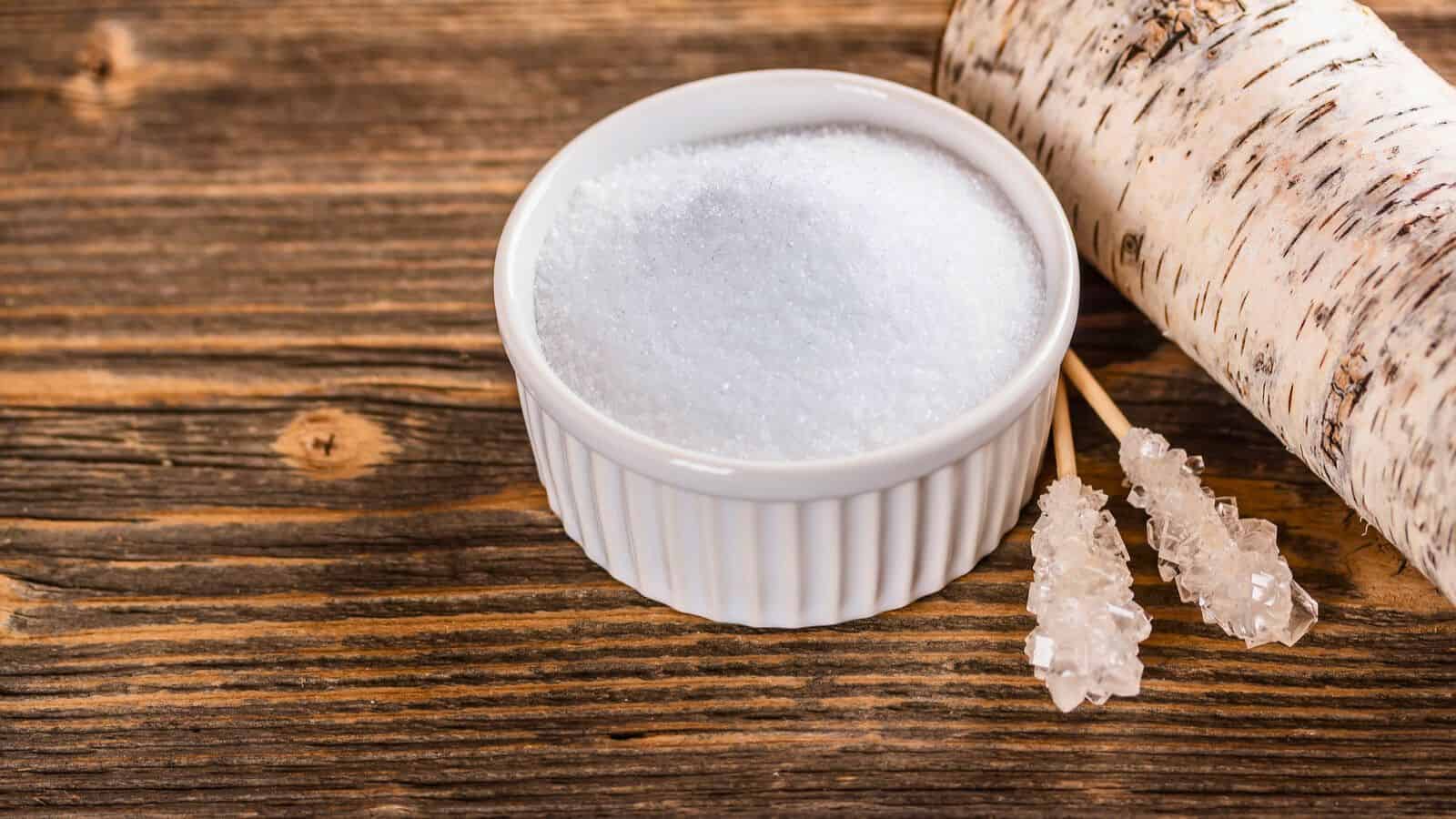
A sugar substitute found in many sugar-free products, it can be extremely toxic to pets, particularly dogs. Ingestion can cause a rapid release of insulin, leading to hypoglycemia (low blood sugar). Symptoms include vomiting, loss of coordination, seizures, and in severe cases, liver failure and death. Even small amounts can be life-threatening. It is important to check ingredient labels on products such as gum, candy, baked goods, and toothpaste to guarantee they do not contain xylitol. Keeping xylitol-containing products out of reach of pets is crucial to prevent accidental ingestion.
Certain Fish
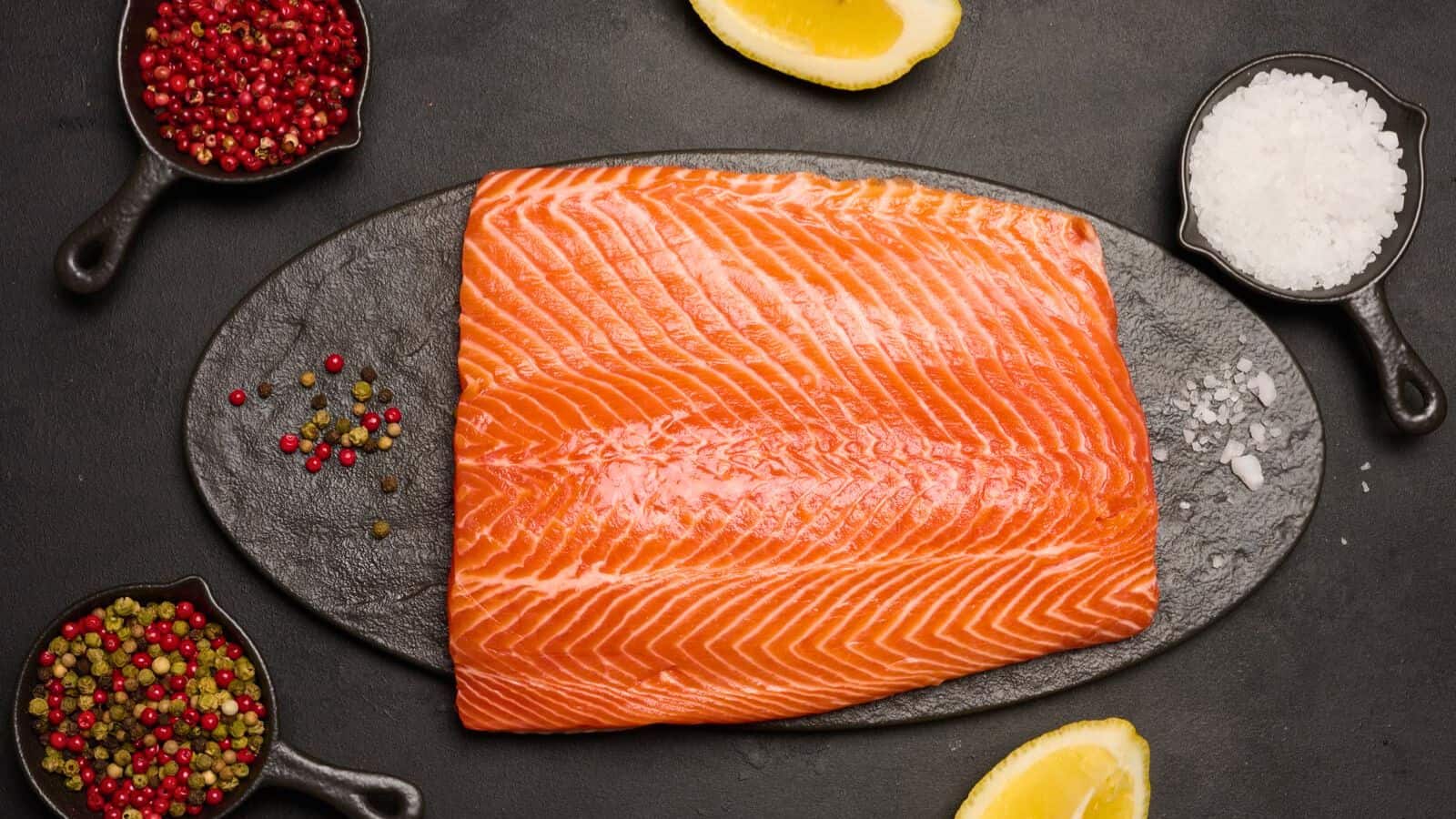
Some raw fish can contain parasites or toxins that are harmful to pets. Fish like salmon, trout, and sturgeon can carry a parasite that causes "salmon poisoning disease" in dogs, which can be fatal if untreated. Symptoms include vomiting, diarrhea, fever, and swollen lymph nodes. Additionally, raw fish can contain harmful bacteria such as Salmonella and Listeria, which can cause food poisoning in pets. It is important to cook fish thoroughly before feeding it to pets and to avoid feeding them fish known to carry parasites.
Cooked Bones

These can splinter easily, posing a significant risk of choking or causing internal injuries to pets. When ingested, splintered bones can lead to blockages or tears in the gastrointestinal tract, which can be life-threatening and require emergency surgery. Symptoms of complications from ingesting cooked bones include vomiting, lethargy, abdominal pain, and difficulty passing stool. Raw bones, although less likely to splinter, still carry risks and should be given with caution. It is safest to avoid giving pets any type of bones to prevent potential health issues.
Garlic

Garlic, like onions, contains thiosulfates that can damage red blood cells in pets, causing hemolytic anemia. The ingestion of garlic can lead to symptoms such as vomiting, diarrhea, abdominal pain, and lethargy. In severe cases, it can cause organ damage and require medical intervention. Garlic is more concentrated than onions, making it potentially more harmful even in smaller quantities. Avoid feeding pets any foods that contain garlic, including garlic powder, to prevent accidental ingestion and subsequent health issues.
Alcohol

Even small amounts can be dangerous for pets, leading to severe health problems. Ingestion can cause symptoms such as vomiting, diarrhea, difficulty breathing, tremors, and lack of coordination. In severe cases, it can lead to central nervous system depression, coma, and death. Pets are much more sensitive to alcohol than humans, and what may seem like a harmless amount can be life-threatening. It is crucial to keep all alcoholic beverages and foods containing alcohol out of reach of pets to prevent accidental ingestion.
Grapes

Grapes and raisins are highly toxic to dogs and can cause acute kidney failure. The exact toxic substance within grapes is unknown, but even small amounts can be harmful. Symptoms of grape toxicity include vomiting, diarrhea, lethargy, and abdominal pain. In severe cases, it can lead to decreased urine production and kidney failure, which can be fatal. Immediate veterinary care is required if a pet ingests grapes or raisins. It is essential to keep these fruits out of reach to prevent accidental ingestion by pets.
Fatty Foods
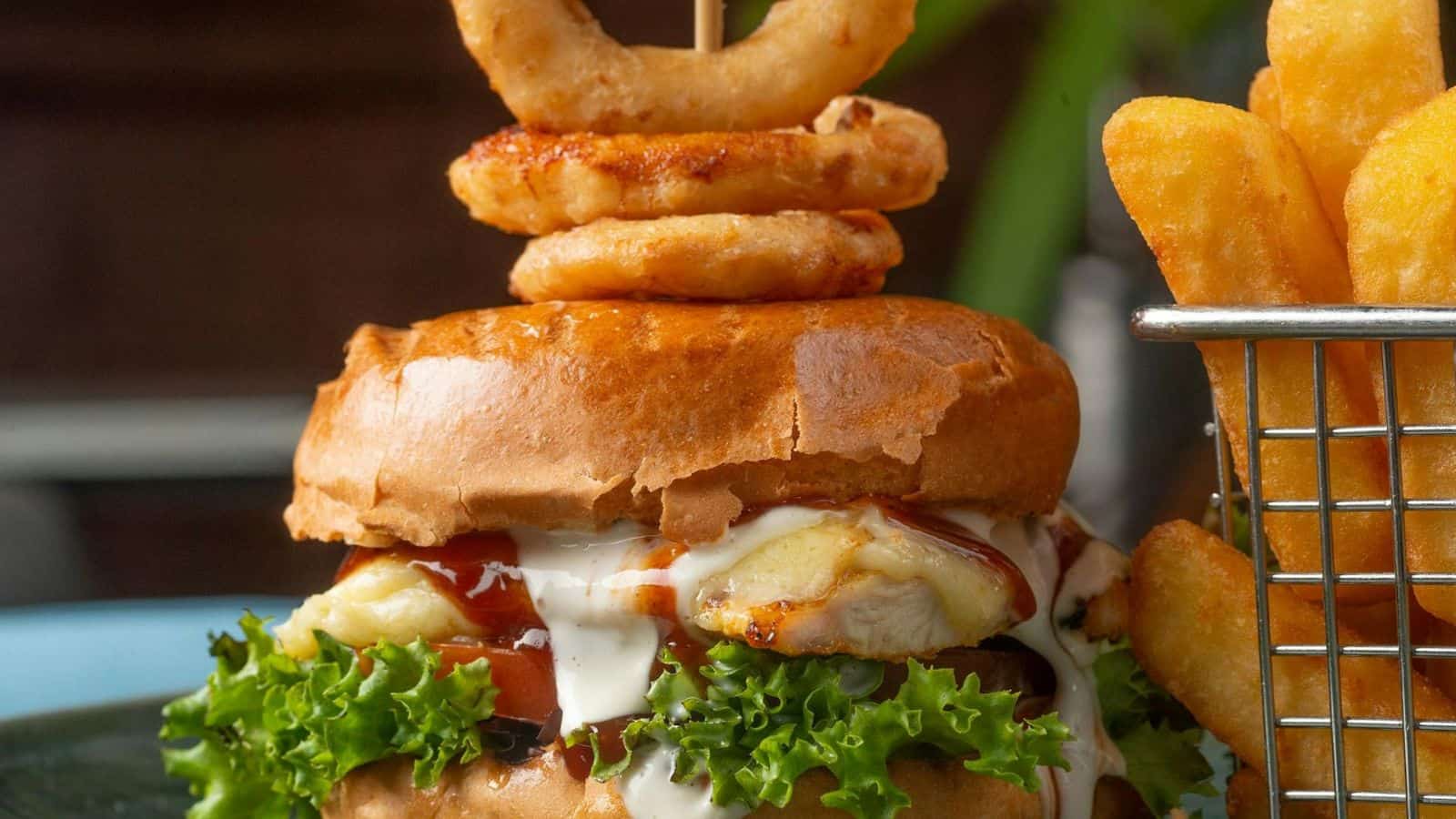
High-fat foods can lead to pancreatitis, a painful and potentially life-threatening condition in pets. Symptoms of pancreatitis include vomiting, diarrhea, abdominal pain, loss of appetite, and lethargy. In severe cases, it can cause organ damage and require intensive veterinary care. Foods high in fat, such as fried foods, fatty cuts of meat, and certain dairy products, should be avoided. Maintaining a balanced diet for pets is crucial to their overall health and well-being.
Raw Dough

Yeast in raw dough can expand in a pet's stomach, causing bloating and potentially life-threatening complications. As the dough rises, it produces alcohol, which can lead to alcohol poisoning. Symptoms of ingestion include vomiting, abdominal pain, lethargy, disorientation, and in severe cases, seizures or coma. Immediate veterinary care is necessary if a pet ingests raw dough. It is important to keep raw dough and baking ingredients out of reach of pets to prevent accidental ingestion and potential health issues.
Macadamia Nuts

Consumption can lead to symptoms such as weakness, vomiting, tremors, hyperthermia, and lethargy in dogs. The exact toxic substance in macadamia nuts is unknown, but even small amounts can cause severe reactions. Symptoms usually appear within 12 hours of ingestion and can last up to 48 hours. While most dogs recover without long-term effects, it is important to seek veterinary care if a pet ingests macadamia nuts. Keeping these nuts out of reach of pets is crucial to prevent accidental ingestion and potential health issues.
Avocado

The fruit contains a substance called persin, which can be harmful to pets, especially birds, rabbits, and some large animals. Ingestion can lead to symptoms such as vomiting, diarrhea, and abdominal pain in dogs and cats. Birds and rabbits may experience respiratory distress, fluid accumulation around the heart, and even death. The pit of the avocado also poses a choking hazard and can cause intestinal blockages if swallowed. It is important to keep avocados and foods containing avocados away from pets to prevent accidental ingestion and potential health issues.
Paws Off These Foods

Keeping your pets safe and healthy is a top priority for any pet owner. By being mindful of the foods that can harm them, you’re taking a big step in the right direction. It’s not just about avoiding the obvious dangers but also being aware of the hidden risks in everyday foods.
Remember, what seems harmless to us can be toxic to our furry friends. Educating yourself and others about these risks can prevent a lot of heartache and make sure your pets live their best lives. Always consult with your vet if you’re unsure about what’s safe for your pets to eat.
In the end, a little knowledge goes a long way. By keeping these harmful foods out of reach, you’re creating a safer environment for your pets. They depend on us to make the right choices for them, and with this information, you’re better equipped to do just that. Here’s to many happy, healthy years with your beloved pets!
Risky Foods You Need to Prepare Correctly to Avoid Health Risks

Have you ever considered that some of the foods you enjoy might have a hidden dangerous side? It’s true. Certain ingredients can cause serious harm if they’re not handled and cooked the right way. There are 15 foods that are dangerous if not prepared properly, turning what should be a perfect meal into a potential health hazard. But don’t worry, this isn’t about scaring you away from the kitchen. It’s about being smart and safe with what you eat.
So, let's get into the details and learn how to handle these tricky ingredients. With a little bit of care and attention, you can continue to enjoy your favorite dishes without any fear. After all, cooking should be fun, and knowing how to stay safe makes it even better.
Read it Here: 13 Risky Foods You Need to Prepare Correctly to Avoid Health Risks
Foods That Stay Safe and Edible Long After Their Expiration Date

Ever find yourself staring at a package in your pantry, wondering if it’s still safe to eat? We’ve all been there. Expiration dates can be confusing, but here's the thing: those dates aren’t always the final word on whether a food is good or bad. In fact, there are 15 foods safe to eat past their expiration date.
So before you toss that jar or box in the trash, take a minute to check out which foods can stand the test of time. You might be surprised to learn just how long some of your favorite foods can last. Intrigued? Read further for more!
Read it Here: 15 Foods That Stay Safe and Edible Long After Their Expiration Date


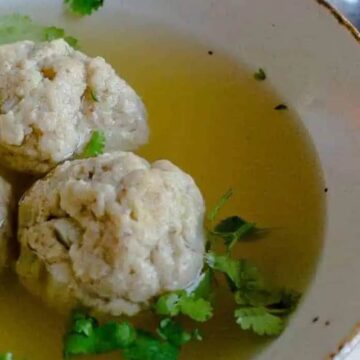



Tell Me What You Think!